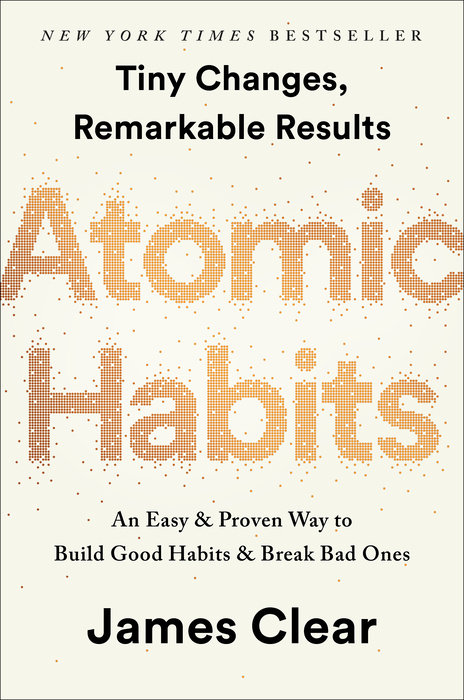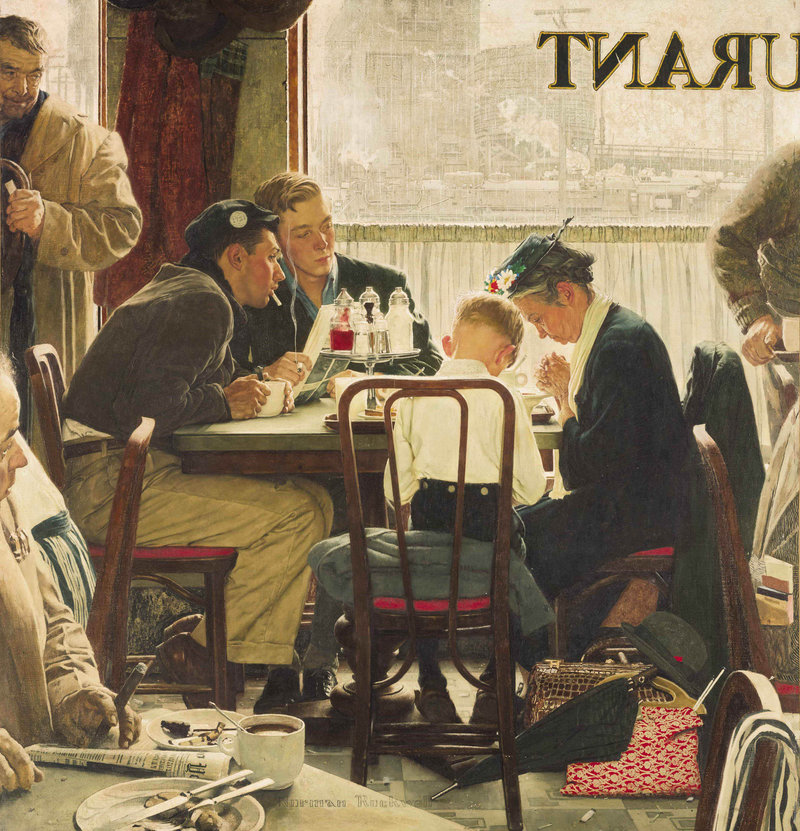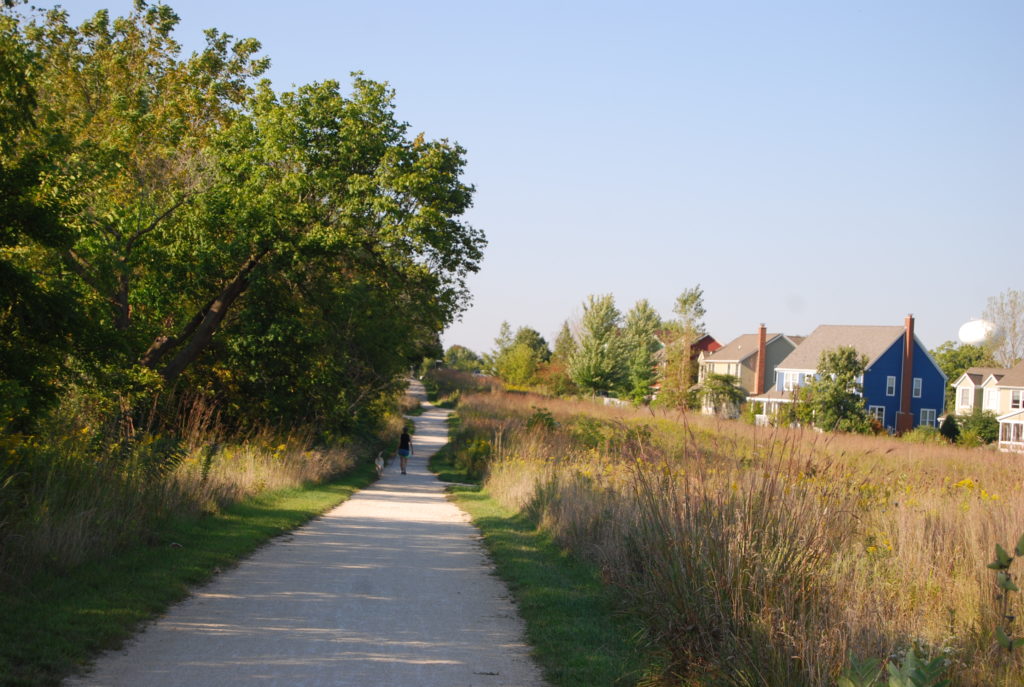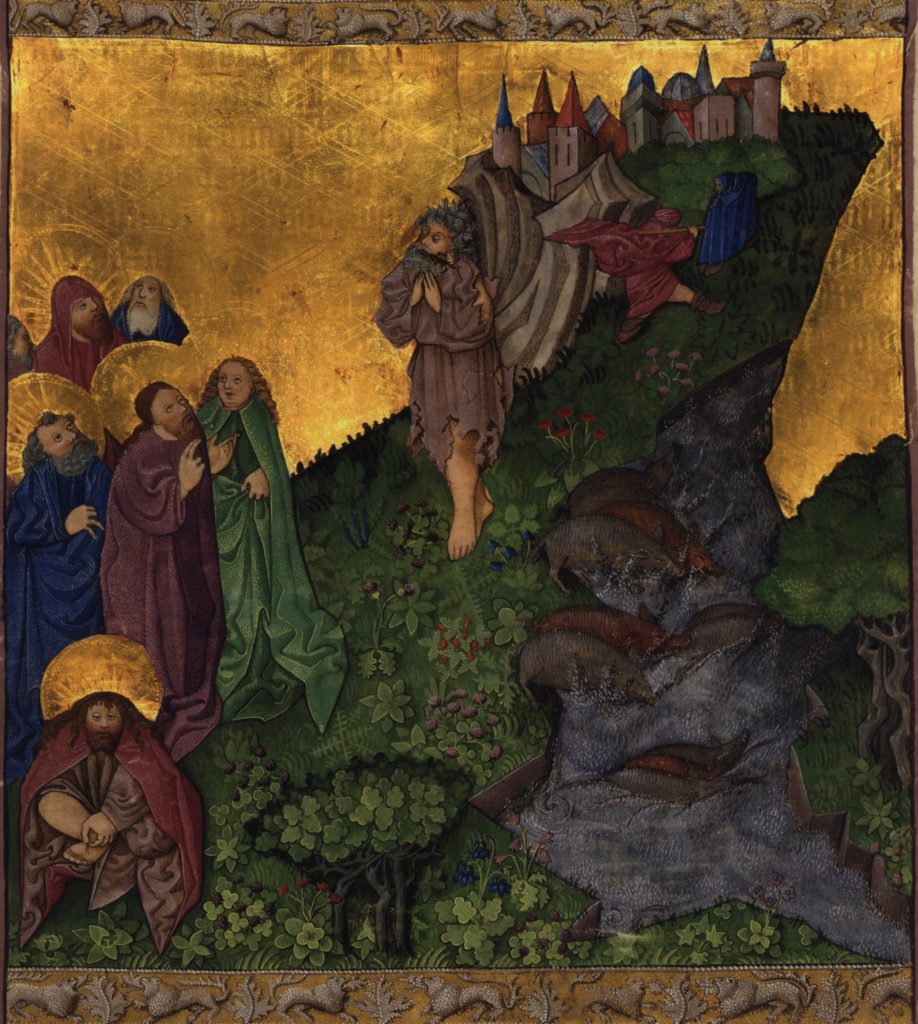My first blog post on how to live rightly with Gods’ earth focused on habits and choices in our personal lives.
If Christians around the world lived out their faith in those ways, ripples would radiate outward in cumulatively world-changing ways.
But actions at the personal and family level only go so far.
Slavery wouldn’t have ended, for example, if Christians and others had only committed themselves to not having slaves themselves.
Beyond the family at every level – church, neighborhood, town, city, state, nation – systems are in place and decisions are made that have wide implications for our neighbors and God’s earth. We cannot leave our morality at home and just go along for the ride. We need to be voices for God’s kingdom in the wider world.
In this post, I share ideas on ways you can have influence in building God’s kingdom beyond yourself and your family as it relates to God’s earth.
You and I do not have unlimited resources of time and money. Nor is our sphere of influence infinite. Nor is the careful shepherding of Creation the only moral issue to be attentive to. But if you read this, it’s clear that you care. So inaction is not an option.
My advice is to focus your energies. Find a few things to do in your wider sphere of influence that move your heart and pour your energies into them.
A Vast Choir of Life
Earlier in November my younger son and I finished reading Psalms together as we continue our journey through the Bible. One of the many verses that resonated with me was Psalm 150:6 – “Let everything that has breath praise the LORD. Praise the LORD.”
We are part of a vast choir of life that is sustained by God. When we worship God we are joining the rest of Creation in doing so in some mysterious, ineffable way.
It follows that the way we live as communities and as a society should minimize any harm to the other people and other living things that are part of that choir.
In his book The Marvelous Pigness of Pigs, Christian farmer Joel Salatin writes:
Christians who preach and believe that food and life are fundamentally biological rather than mechanical garner consistent credibility when preaching God’s specialness. In order for our faith message to resonate and carry weight, others must see us promoting a consistent view toward life in general. If God is the ultimate giver of life, Christians should be the ultimate defenders of that life.
Unfortunately, there is much that we do as communities and as a society that harms and even needlessly destroys members, and even whole sections, of the choir around us. There are specific decisions that do this. There are systems of laws and policies that promote and permit this.
So what can Christians like you and I to do about it on this larger scale?
#1: Pay attention to God’s earth and how we treat it
You cannot be part of efforts to protect and restore God’s Creation if you aren’t aware of how God’s earth works.
So begin with having eyes that see and ears that hear how the ecological systems of God’s earth work when they are allowed to work. Read. Attend lectures. Listen to podcasts. Study online. Get outside and observe. Learn to identify trees or flowers or birds. Restore a plot of land to natural habitat.
One of the benefits of paying attention to the systems of God’s earth is to grow in appreciation for our Creator God and to learn to think more holistically. This is a joy and a way of worshipping God.
Pay attention, too, to where the marvelous workings of those systems are being marred and disrupted by human systems and activities at all scales. Pay attention with your mind and your heart.
You should work to understand the decisions people and communiites make on they treat God’s earth. On a large scale, you’ll want to think about our systems that shape and influence how God’s people and earth are treated. Economic systems. Political systems. Culture. You must then question whether those systems as they are applied are compatible with the values we see in the Bible. Compare them with what we see in Jesus and in the principles behind the laws God gave to the people of Israel.
At the local level, you’ll want to be aware of what your county, town, or city are doing as it relates to God’d earth. Do they exhibit good, thoughtful stewardship? Are they allowing factory farms to be built? Does your town have a strategic plan? Does that plan consider and seek to protect the life of the land and water within its boundaries? Is your town having beavers trapped and killed when there are wise alternatives?
#2: Be a voice and leader where you are
We all have a voice. We are all in a position to lead, whether it is nationally or at a very local level. Whether we are speaking of our neighborhood, town, workplace, or church, we are all in a place where we can have impact.
There are, of course, many aspects of our world that are broken. People and Creation suffer in a multitude of ways. We cannot respond and tackle every element of brokenness while still living our everyday lives. We must trust at times that others of faith are also working.
But if you are reading this, then you likely already feel a tugging on your heart about Creation. That is a holy tugging.
Here are examples of how you can be a voice and leader:
Call for your church to pay attention to Creation in all it does. Change, for example, the food it eats for major church-wide events. If your church has land not used for anything, consider making it available for local food farming or turn it into a beautiful garden that also functions as bird habitat.
Be a voice at work for sustainability, whether that means thoughtful materials sourcing or deciding against seeking certain projects that would worsen the health of Creation.
Speak up at a town, county, province, or prefecture meeting about an issue related to God’s earth. Even at a dinner party.
Write letters to your representatives about environmental issues
Create art, whether that be books or music or paintings, around your faith and God’s earth
Start up new things, like a farm to table program at your children’s school or even a non-profit
Join a protest
Organize a clean-up or lead volunteers in the restoration of a natural area
Consider Creation when thinking about who to vote for.
Be brave in anything you do. You will not always be understood.
Be discerning, too. The larger the issue the more complex. Know the complexities. Speak truth in love. Don’t allow your passion to push you into simplistic or hateful messages.
Find renewal for your energies and efforts through prayer and friends who share your convictions.
#3: Support people & organizations who are leading
For voices and leaders to have impact, they need people who follow and support. You can make a difference by supporting those who lead and whose voices are prophetic.
The story of Nehemiah and the rebuilding of the wall of Jerusalem is a great example. Nehemiah led this effort but he could not do it alone. The third chapter of Nehemiah is an interesting one. We read of the people and groups that helped with the larger effort of renewing a whole encircling wall by rebuilding particular sections. Clearly there was an appeal that went out from Nehemiah. People responded in a focused way.
Who are the Nehemiahs today who are speaking and acting for God’s earth?
Sometimes they are individuals, iike Katharine Hayhoe, a Christian climate scientist.
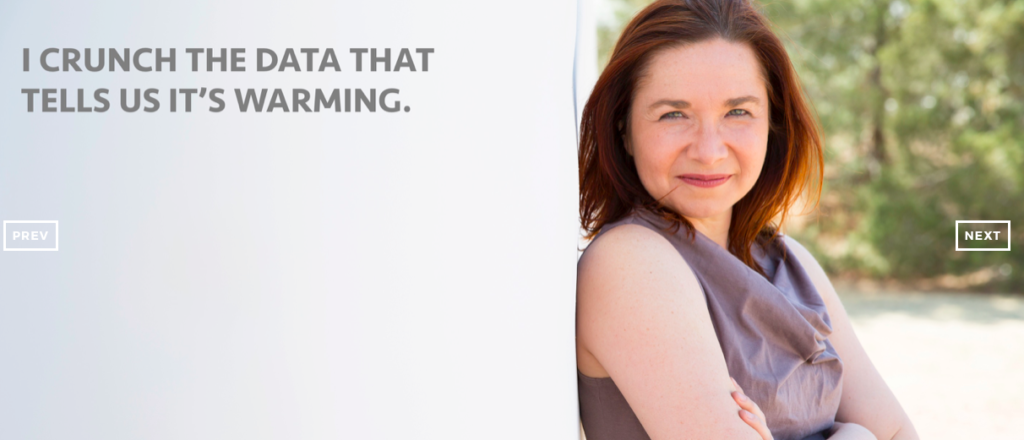
Katharine Hayhoe is an example of a Christian leading efforts to preserve and renew God’s earth. (Image from her website)
Oftentimes, local, regional, national, and international non-profit organizations lead the way in protecting and renewing God’s earth. Generously support those whose work and approach resonate with you. Think of these organizations as extensions of yourself. I’d be happy to communicate with you about how to choose good organizations and to how to plan your giving in this area.
When you know an individual speaking and acting for God’s earth, encourage them and support them as tangibly as possible.
Speaking for God’s earth and the vulnerable lpeople who most depend on forests and oceans can be very challenging. In some places, it is a calling that puts your life at risk. When a particular leader, even at the most local level, steps forward to do what is right, they need real support.
Good friends of mine have, out of their faith convictions, started a farm that is raising animals in humane ways that build the life of the soil and produce healthy, nutritious meat. At fairs and other places, there are many people who encourage them and express their admiration for them. But then, in the next moment, walk away without ever actually buying the meat they are selling. Don’t be that kind of person. If you believe in what leaders and advocates are doing, do something tangible to support them.
#4: Be open to the Spirit moving you or a loved one to a life calling of earth stewardship ministry
If you are young and choosing a major or getting ready to launch into your professional life, be open to a tugging at your heart from the Spirit.
Be prudent and discerning in responding to a call. It is definitely possible to learn what you need to learn by doing. But you can sometimes make more significant impact in the long-term if you’ve already developed skills going into that calling. A non-profit leader for an environmental group I’ve gotten to know recently, for example, recently earned an MBA. This is enabling him to think more strategically and to manage the organization’s structure more effectively.
If you are mid-career and feeling called to apply your skills in a way that benefit God’s earth, be open to that call. Ideally, that call or that purpose will build on some of the skills you have and connections you’ve already made.
If you are nearing retirement and want to continue to have purpose and meaning after you leave your professional life, explore getting involved with the defense and renewal of God’s earth.
Remember, too, that you don’t necessarily need to have skills related to plants, animals, and ecology to be useful. Much of the future of Creation rests on what happens within human society and its built environment, where Creation and human activity meet. We need Creation-minded farmers. We need engineers who care about God’s earth. We need storytellers and artists. We need nutritionists who pay attention to the connection between farming methods and the quality of food people we eat. We need educators and teachers. We need entrepreneurs who can create businesses that create value in ways that renew the earth rather than depleting it.
And when your child shows an interest in nature and wants to be a scientist or get involved with an environmental club or be an advocate of some sort, support that calling.
God bless you and guide you as you act bravely and follow God’s ways in all dimensions of your life.


